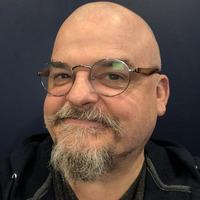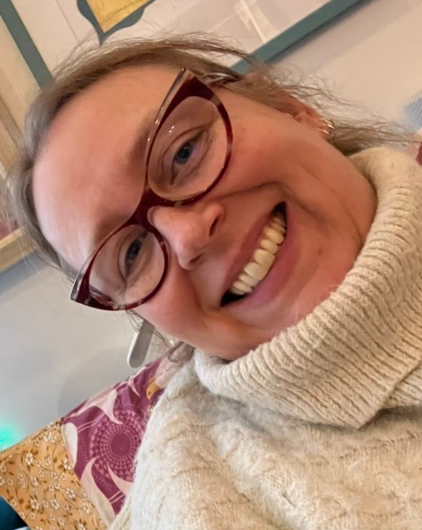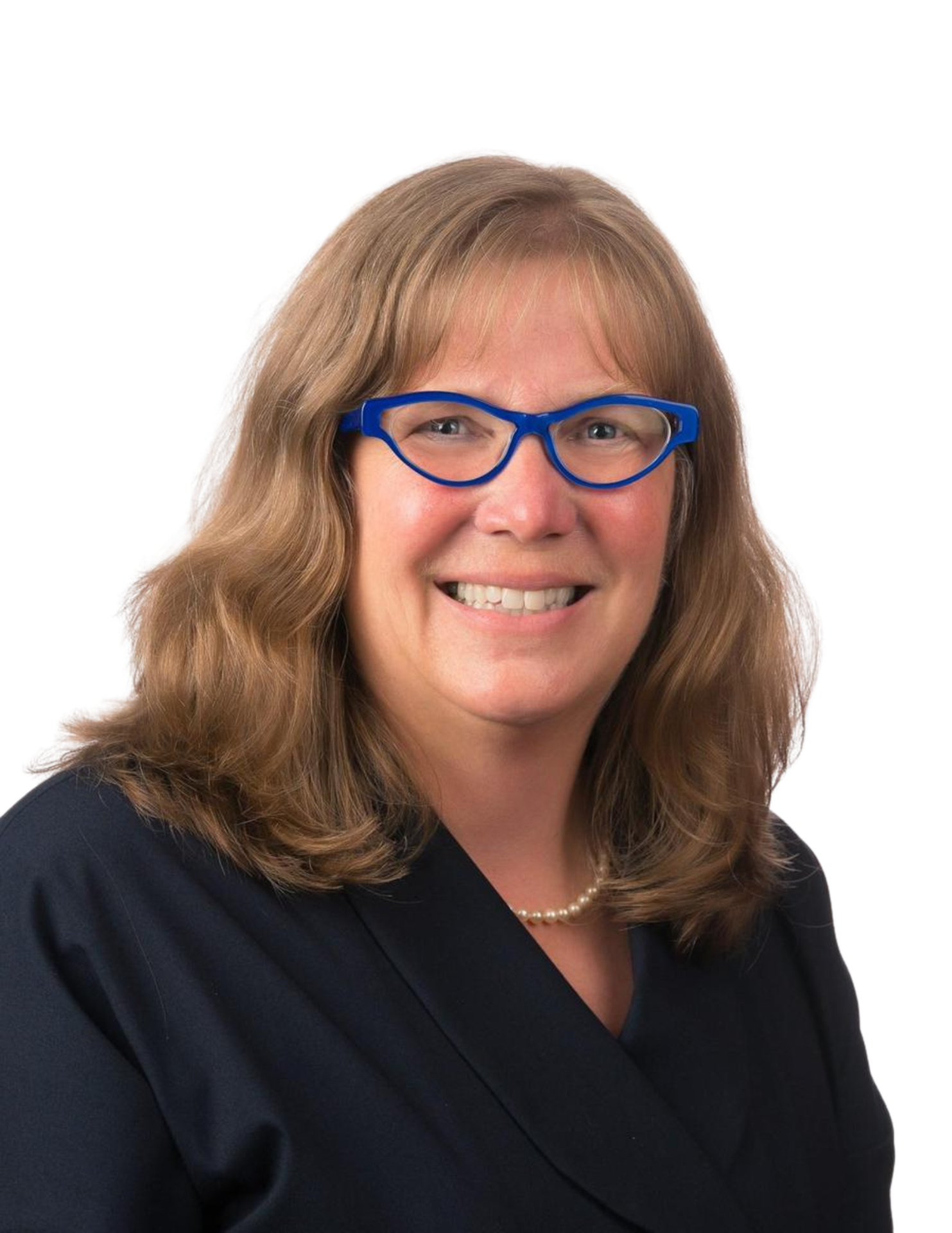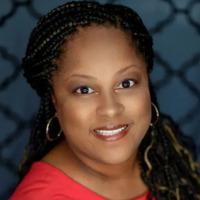
Md Nazmul Alam is a Bangladeshi-trained Medical Sociologist with a strong academic foundation in Sociology, holding both a Bachelor's and a Master's degree from the University of Dhaka. He graduated magna cum laude with a Master of Public Health from North South University, Dhaka. His current research focuses on the gerontological lived experiences and healthcare systems of transgender individuals in Bangladesh.
Nazmul is an experienced qualitative researcher specializing in health behavior research among vulnerable populations, child protection, and food systems. His extensive background in project development and management further enhances his expertise in these areas.
LinkedIn: linkedin.com/in/ntuhin
ResearchGate: researchgate.net/profile/Md-Nazmul-Alam

Henrietta Appiah is researching the labour market implications of educational pathways in Canada, focusing on university, college, college-to-university, and university-to-college routes. Using the Education and Labour Market Longitudinal Platform (ELMLP), her quantitative study employs robust models to examine how these pathways shape employment, wages, and job stability. By analyzing longitudinal data, she aims to inform education policies and enhance outcomes for diverse Canadian youth.
Henrietta holds a bachelor's degree in Business Administration from Ashesi University in Ghana, a master's degree in financial economics from Bowling Green State University and another master's degree in applied business analytics from University of Toledo in United States of America.
LinkedIn: http://linkedin.com/in/henriettaappiah

Emelia-Naana Baah's research focuses on the intersection of chronic illness, disability, and labor market outcomes. Her dissertation investigates how chronic illness influences employment participation, occupational trajectories, and economic opportunity costs, with particular attention to the moderating role of education.
She holds a Master of Arts in Financial Economics from Bowling Green State University in the USA and a Bachelor of Science in Mathematics from Kwame Nkrumah University of Science and Technology in Ghana. Emelia has extensive experience as a Graduate Teaching Assistant, research collaborator, and academic supervisor, supporting data-driven studies and institutional operations in Canada and the United States.
Beyond research, she actively engages in service and outreach as a Volunteer Helpline Worker and graduate symposium organizer. Her work aims to generate policy-relevant insights that promote inclusive workforce participation and address the economic implications of chronic illness.
Kofi Baah-Gyimah is an interdisciplinary scholar and practitioner whose research critically examines the racialized experiences of Black African international students in Canadian universities. Drawing on critical race theory and intersectionality, his work interrogates the structural barriers that shape educational access, integration, and belonging for racialized student populations. He holds a Bachelor’s degree in Political Science from Kwame Nkrumah University of Science and Technology (Ghana), as well as two Master’s degrees from Ohio University (USA): one in International Studies with a concentration in African Studies, and another in Public Administration. His diverse academic background, spanning political science, African studies, public administration, social work, and mental health, reflects his commitment to interdisciplinary scholarship and the integration of critical theory with applied practice.
Kofi has extensive experience as a research and teaching assistant at Kwame Nkrumah University of Science and Technology, Ohio University, and Trent University, where he supported courses and projects in political science, African studies, social work, and education. He has also served as an adjunct professor at Fleming College, teaching in the Social Work and Mental Health and Addictions programs. Alongside his academic work, Kofi contributes to community well-being through his role with the Canadian Mental Health Association, where he provides counselling and therapeutic services as part of the Mobile Mental Health and Addictions Clinic, delivering care to rural and underserved populations in Canada. His dual focus on scholarship and practice highlights his commitment to advancing both academic knowledge and social impact.
Anne Corkery is an Assistant Professor in the School of Education at Trent University. With a BSc and MSc specializing in environmental science, and a BEd specializing in outdoor and experiential learning, she is passionate about climate change and environmental sustainability education. Anne's PhD research focuses on best practices for climate change education in Ontario's K-12 school system.
Prior to joining the School of Education and the IDSR program, Anne worked as a teacher and learning consultant, a role in which she helped to facilitate the construction and use of outdoor learning spaces throughout her board. She is the founder of The Gritty Classroom, a summer camp located in Peterborough, focused on nature connection and eco-literacy for children from 4 to 12 years of age. She is passionate about environmental and sustainability education, eco-justice, and community-connected learning experiences.

Geoff Crane left a successful career in investment banking technology to pursue interests in psychology. He returned to Trent University in 2014 to complete his undergraduate degree and went on to earn a Masters degree in Applied Modelling and Quantitative Methods (AMOD) for which he won the President’s Medal. Presently a course demonstrator for AMOD, Geoff continues his studies as a doctoral student, focusing on teaching soft skills to young adults. His work integrates insights from psychology, education, and workforce planning to create evidence-based approaches that align soft skills training with the demands of an increasingly complex and technology-driven job market. By bridging these disciplines, he aims to develop innovative teaching frameworks that prepare students not only for the careers of today but also for the evolving expectations of tomorrow.

Lisa Ditschun [she/her] holds an honours bachelor’s degree in psychology and fine art from the University of Guelph and a master’s degree in architecture from the University of British Columbia.
Her work draws on her knowledge of multidisciplinary subjects and systems thinking, as well as a deep personal commitment to Indigenization and justice practices. Combining Indigenous and western knowledges within an Indigenist research paradigm, Lisa’s research aims to create a new methodology to address the urban challenges of sustainability, resource usage and inequality, called the Cities for Seven Generations Framework.

Lesleigh Dye is focusing on the connection between collective leader efficacy and improving student attendance. The student attendance rates in DSB1 are on a steady incline.
Lesleigh is entering her eighth year as the proud director of education for District School Board Ontario North East (DSB1), and is delighted to work with an incredible group of staff. Prior to serving in DSB1, she was a supervisory officer with the Rainbow DSB. She has also worked as a system principal in both Ottawa Carleton DSB and Toronto DSB.
Seana Irvine's PhD research is examining the relationship between industrial heritage sites that have been redeveloped into cultural hubs, and urban social and spatial justice. Most of my career has been working for enterprising non-profits, including as a founding team member behind Toronto's Evergreen Brick Works into a showcase of industrial heritage adaptive reuse and urban sustainability. A main through line of her work is the concern with how the destruction of valued places, natural and cultural, displaces and marginalizes people and a commitment to community and city building that provide places that meet the needs of those most marginalized as much as the most privileged.
She is a proud Trent undergraduate student with an Honours degree in Environmental Studies and she also has a Masters in Environmental Planning from York University.

Adebayo Makanju is a Nigerian-trained health economist with a solid academic foundation and extensive research experience in public health. He holds a bachelors degree in economics and two masters degrees in health economics and population geography, all from the University of Lagos, Nigeria. As a doctoral candidate, Adebayo's research focuses on the intersection of aging, post-stroke care, and social determinants of health in urban Nigeria. Through community-based studies, he aims to highlight disparities in healthcare access and outcomes for aging populations, providing valuable insights into policies that can improve post-stroke care and promote healthy aging in urban settings.

Shelly Philip LaForest has been a Registered Nurse for over 25 years and an educator for 15 years. Originally a diploma-trained nurse, Shelly returned to school to complete a Bachelor of Nursing Degree, and a Master of Nursing Degree.
Shelly is also actively involved in various community organizations, and has been recognized as one of Canada’s Top 100 Black Women and received multiple community service awards. She is the founder of the Ontario Black Nurses’ Network [OBNN] and Black Nurses Leadership Program [BNLP] and has committed to focusing on transformative and collaborative initiatives that have been instrumental with strengthening the voices of Black Nurses and nursing students in various healthcare forums.
Her doctoral research is focused on highlighting the lived experiences and discourse surrounding the well-being of the Black nurse living and working in Ontario.
LinkedIn: linkedin.com/in/shellylaforest
Besma Soltan holds an MEd and an Honors BA and has 15 years of experience in the social and educational sectors, working with grassroots organizations, non-profits, startup businesses, entrepreneurship incubators, and higher education institutes. She founded a non-profit organization, and a startup company focused on helping raise community awareness about local and global issues. Besma’s areas of expertise intersect curriculum design, interdisciplinary innovation, and entrepreneurial education with award-winning programs that have engaged thousands of learners. Her research examines the influence of intersectional identities on the experiences of racialized women entrepreneurs and the barriers to successful entrepreneurship. She aims to identify opportunities for racialized women entrepreneurs to overcome challenges and utilize a learner-centered approach that confronts biases and oppressive systems in entrepreneurship education spaces, offering strategies that convert theoretical knowledge into action.

